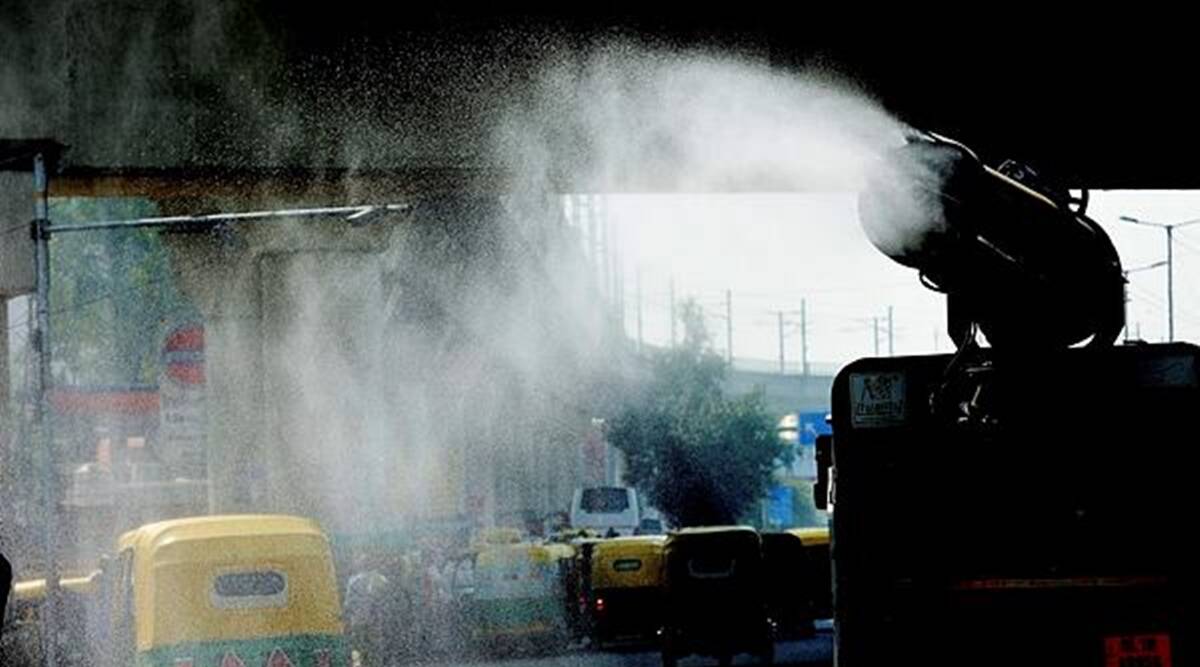Even as the air quality in the Delhi-NCR region touched the ‘severe’ mark, sources in the environment ministry said burning of paddy residue in Punjab in the last month compared to the same period the previous year. An increase of 33.5% was observed.
Per standard ISRO protocol, for September 15 to October 28, 10,214 crop residue burning cases were reported in Punjab against 7,648 in the same period last year. Of the 10,214 stubble-burning cases, 7,100, or 69% of the total, were reported in the past week alone.
The Air Quality Management Commission (CAQM) held an emergency meeting on Saturday regarding the deteriorating air quality. It announced the implementation of the Stage III Graded Response Action Plan (GRAP) in the entire NCR region.
CAQM chairperson M M Kutty has also written to the Punjab Chief Secretary requesting immediate action on the fire in the fields and a comprehensive report in all the reported cases. The Speaker said that the ineffective implementation of the statutory instructions issued by the CAQM is a matter of concern. Environment Minister Bhupendra Yadav can also take up this matter with Punjab.
The ministry has revealed that till October 24, only about 45-50% of the area sown in Punjab has been harvested. “The contribution of stubble burning to the adverse air quality scenario in Delhi-NCR is currently 18-20% and is likely to increase,” sources said.
During this paddy harvesting season in Punjab, about 71% of field fires have been reported from seven districts – Amritsar, Sangrur, Ferozepur, Gurdaspur, Kapurthala, Patiala and Tarn Taran.
Over the past two months, the CAQM has held regular meetings with officials from the neighbouring states of NCR, including Punjab, Haryana, Rajasthan and Uttar Pradesh, and has been monitoring the situation of stubble burning as well as issuing directions.
Under the directions of CAQM, a comprehensive action plan was prepared by the Punjab Government, which included crop diversification, in-situ crop residue management, bio-decomposer application, ex-situ crop residue management, awareness campaign and monitoring and enforcement.
The Center has said that it has provided Rs 1,347 crore to Punjab under the Crop Residue Management (CRM) scheme in the last five years.
“The utilization of machinery, however, has been very poor and a large number of machines are unused, a serious drain on resources,” the sources said.
The ministry further alleged that despite the success of using bio-decomposers in UP and Delhi for in-situ management, the machines were not deployed in Punjab. Good straw has not been used as fodder for ex-situ management, and awareness campaigns by the state have not been effective. Ministry officials said more incidents of burning remains are also an indication of failures in monitoring and enforcement.
